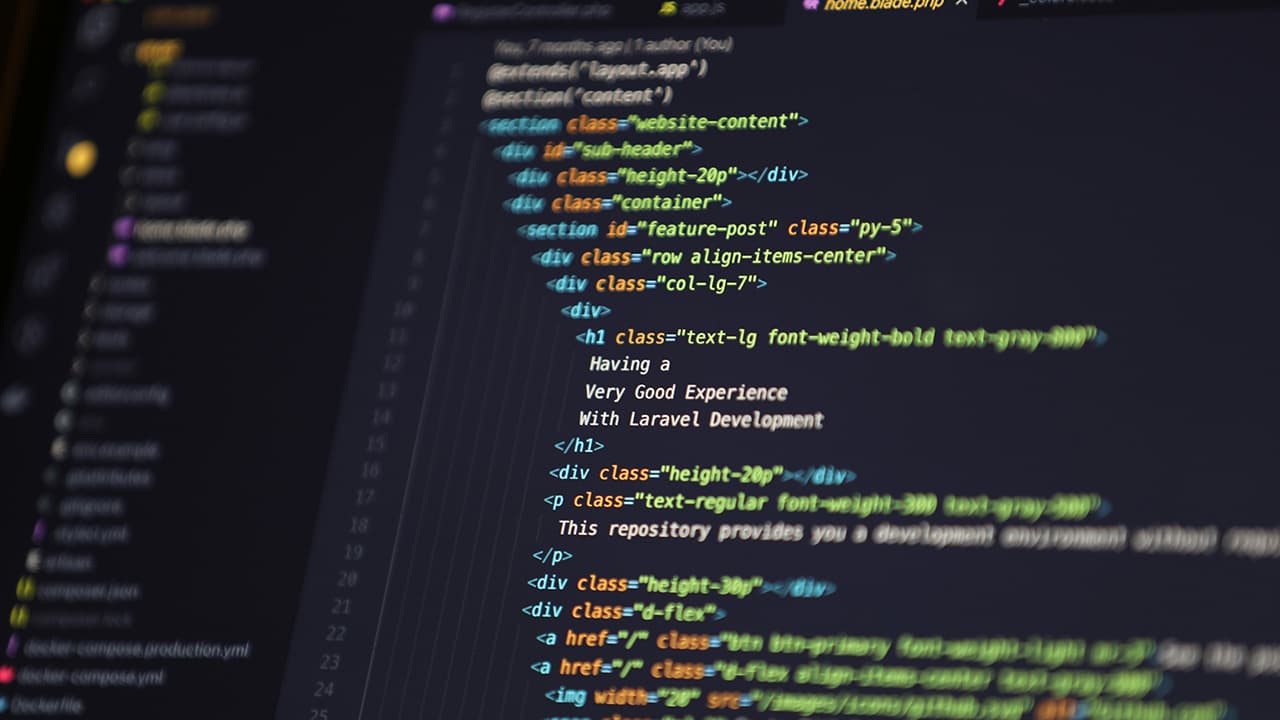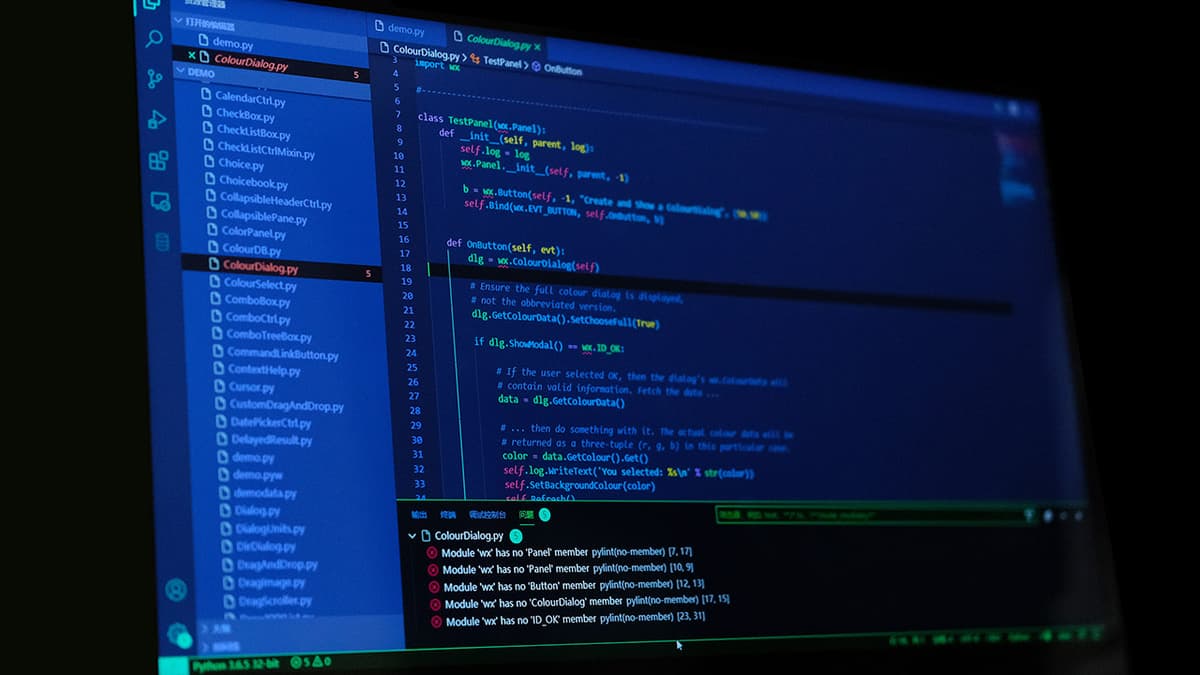Using AI for Simple Coding Jobs: Strengths and Weaknesses
In the modern world of software development, the integration of Artificial Intelligence (AI) has transformed the way coders approach their tasks. AI-powered tools are no longer a novelty but a practical aid that can significantly enhance coding productivity and efficiency. Here’s why you should consider using AI for some of your simple coding jobs, along with its strengths and weaknesses.
The Rise of AI in Coding
AI has made significant strides in recent years, particularly in the domain of generative AI. This subset of AI uses generative models to produce text, images, videos, and other forms of data based on the patterns and structures learned from their training data. In coding, this translates into tools that can assist developers in writing code more efficiently and accurately.
Strengths of AI in Coding
Time-Saving and Efficiency
One of the most compelling reasons to use AI in coding is the time it saves. Tools like GitHub Copilot and Amazon AI CodeWhisperer are designed to enhance coding productivity. These AI-powered assistants can suggest code snippets or entire functions based on simple descriptions in everyday language. For instance, if you describe your intention to implement a specific algorithm, the AI tool can provide the necessary code, saving you the time and effort of writing it from scratch.
Improved Accuracy and Consistency
AI coding tools can also help in maintaining accuracy and consistency in code. By analyzing vast amounts of public source code and natural language text, these tools can suggest best practices and common coding patterns that you might overlook. This not only improves the quality of your code but also reduces the likelihood of errors and bugs.
Automation of Repetitive Tasks
AI can automate repetitive and mundane coding tasks, freeing you to focus on more complex and creative aspects of software development. For example, AI can generate boilerplate code, handle routine updates, and even offer suggestions for optimized solutions. This automation not only speeds up the development process but also reduces the tedium associated with repetitive coding tasks.
Learning and Improving
AI coding tools can serve as a learning aid for beginner programmers. By analyzing the code generated by AI, new developers can gain insights into coding best practices, syntax, and problem-solving strategies. Moreover, AI tools can provide real-time feedback and suggestions, helping developers improve their coding skills more quickly.
Weaknesses of AI in Coding
Dependence on Quality of Training Data
One of the significant weaknesses of AI in coding is its dependence on the quality of the training data. If the training data is biased or incomplete, the AI tool may generate suboptimal or even incorrect code. This necessitates careful selection and monitoring of the data used to train these AI models.
Lack of Interpretability and Explainability
Complex AI models can be difficult to understand, making it challenging to explain their decision-making processes. This lack of transparency can raise questions about accountability and trust in the code generated by AI. In critical applications, the inability to understand how the code was generated can be a significant drawback.
Security and Privacy Concerns
The use of AI in coding also raises security and privacy concerns. Since AI relies heavily on data, security breaches can expose sensitive information. Additionally, the use of personal data and proprietary code can raise privacy concerns that need to be addressed carefully.
Job Displacement and Over-Reliance
The automation of coding tasks through AI can lead to job displacement in certain sectors. While AI tools can assist developers, there is a risk that over-reliance on these tools could erode critical thinking and problem-solving skills. It is crucial to address the need for retraining and reskilling the workforce to ensure that developers remain relevant in an AI-driven coding environment.
Practical Applications and Tools
Several AI-powered tools are available that can help you get started with using AI in your coding jobs. GitHub Copilot, for example, is an AI-powered tool that assists users in writing code more efficiently. It is trained on natural language text and public source code, making it a powerful aid for developers looking to save time and improve accuracy.
Another notable tool is Amazon AI CodeWhisperer, which provides real-time code suggestions based on the coder's intentions. These tools are integrated into popular development environments, making it easy to incorporate AI into your coding workflow.
Using AI for simple coding jobs can be a game-changer in terms of productivity and efficiency. While AI tools offer numerous strengths, such as time-saving, improved accuracy, and automation of repetitive tasks, they also come with weaknesses like dependence on quality training data, lack of interpretability, and security concerns.
As AI continues to evolve, it is crucial to strike a balance between leveraging its benefits and mitigating its risks. By integrating AI thoughtfully into your coding workflow, you can enhance your development process without compromising on the quality and integrity of your code.
In the future, we can expect even more sophisticated AI tools that address the current weaknesses while expanding the capabilities of AI in coding. For now, exploring the available AI-powered coding tools can be a rewarding step towards more efficient and effective software development.












